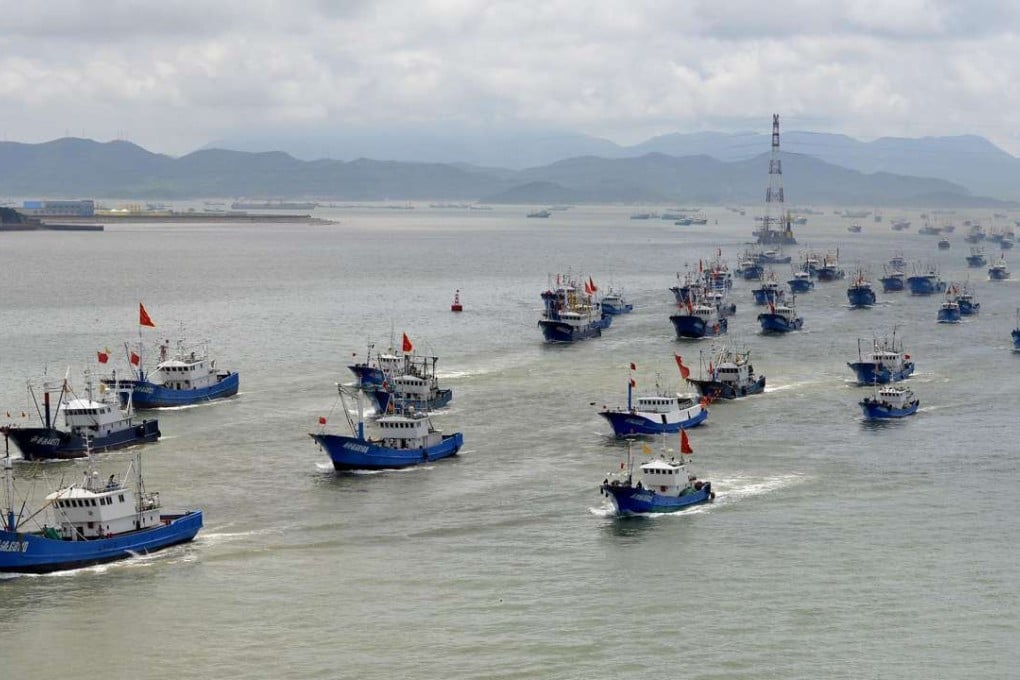More steps must be taken to conserve fish stocks and prevent disputes
As one of the world’s biggest consumers of seafood, China should consider other measures such as building bigger vessels or encouraging trawlermen to come ashore as fish farmers

China’s 70,000-strong fishing fleet is increasingly sailing into conflict in waters far from home to feed a growing appetite for seafood. Recent examples include a Japanese protest over a fishing fleet near the disputed Diaoyu Islands in the East China Sea; a confrontation between Indonesian ships and two Chinese coastguard vessels escorting a fishing boat; and the sinking by the Argentinian navy of a Chinese-flagged ship half a world away from home.
The answer to the diplomatic, environmental and ecological issues raised by such incidents lies in better conservation by nations of stocks in their usual fishing grounds; and greater international cooperation in managing the marine food resources that so many rely on. China has taken a step towards the former with plans to freeze or cut the size of coastal fishing fleets to help sustain and replenish stocks in its seriously depleted seas and rivers. Agriculture minister Han Changfu says there are practically “no fish” in the coastal East China Sea.
China, with nearly a fifth of the world’s population, consumes more than a third of its seafood supply. Some coastal provinces have exacerbated the problem with diesel fuel subsidies for ocean-going trawlers. China has already taken several steps to curb over-fishing, including banning nets that catch very young fish and sea creatures and imposing a three-month offshore fishing moratorium every year.
To prevent incidents at sea that could easily escalate into wider conflicts, China needs to consider suggestions such as removing smaller boats from the fleet and building bigger vessels capable of going further and staying out longer to feed consumer demand for seafood, and encouraging trawlermen to come ashore as fish farmers. Chinese fishermen are not the only ones to sail far beyond domestic waters. The international Global Ocean Commission believes 18 per cent of the world’s catch is taken illegally. Cooperation and coordination with other governments are necessary to prevent disputes from escalating.